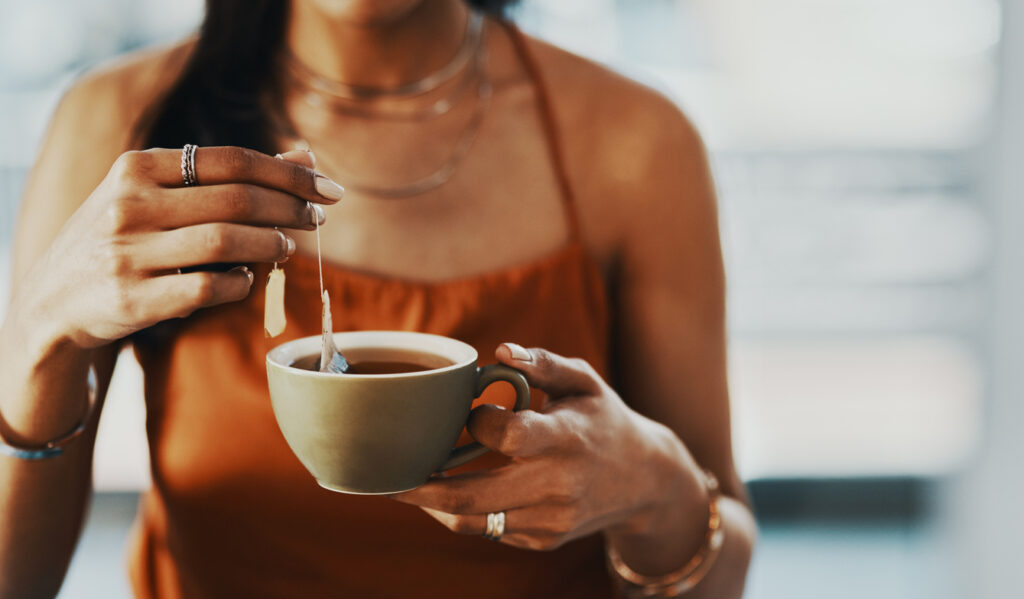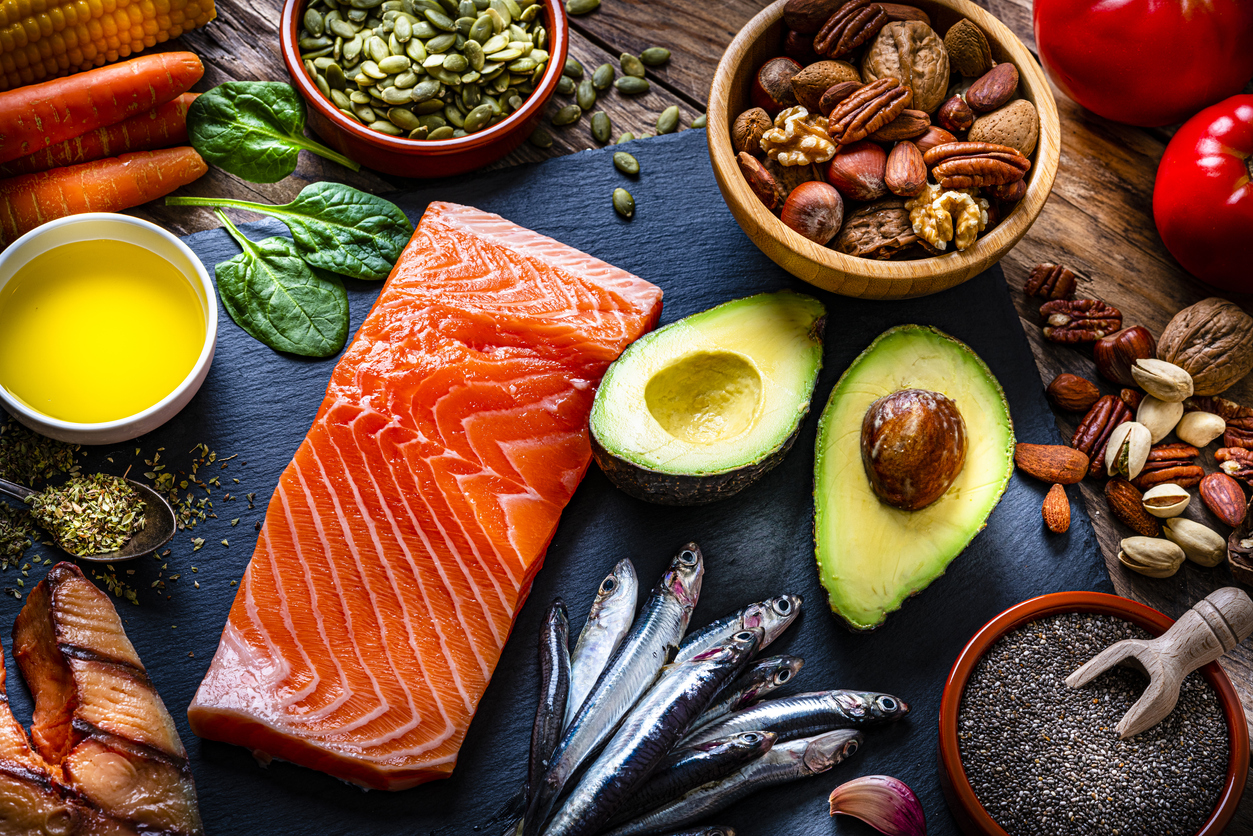Herbal infusions are a great way to extract the medicinal properties of dried herbs. Unlike tea, they are made using larger amounts of herbs and steeped in an air-tight container for at least several hours, resulting in a more potent water-based preparation. They can be consumed as a drink or used externally for skin washes, compresses, douches, sitz baths, or poultices.
How to make a nourishing herbal infusion:
- Buy (or gather and dry) at least one ounce of nettle leaf, oatstraw, or red clover blossoms.
- Place the ounce of dried herb in a quart jar. (One ounce equals one full cup of dried herbs.)
- Fill the jar to the top with boiling water.
- Cap tightly and allow to brew for at least four hours. Overnight is fine.
- Strain and drink 2-4 cups a day.
- Most menopausal women prefer their infusion iced, but you can drink it hot or at room temperature.
- A little mint or sage may be added to change the flavor.
Favorite Herbal Infusions:
- Stinging Nettle (Urtica dioica): Builds energy, strengthens the adrenals and is said to restore youthful flexibility. It’s a great source of vitamins A, D, E, and K. For flexible bones, a healthy heart, thick hair, beautiful skin, and lots of energy, make friends with sister stinging nettle. It also encourages the renewal of intestinal villi. Reduces heat and phlegm and enhances “jing”. It may make you feel so good you’ll jump up and exercise.
- Oatstraw (Avena sativa): Reduces high cholesterol, increases libido, and strengthens the nerves. A cup of oatstraw infusion contains more than 300 milligrams of calcium plus generous amounts of many other minerals. Its steroidal saponins nourish the pancreas and liver, improving digestion, and stabilizing moods.
- Red Clover (Trifolium pratense): Contains four phytoestrogens, ten times more than soy “milk,” fewer calories, more calcium, and no added sugars. It’s the world’s leading anti-cancer herb. Red clover improves memory and is much superior to soy.
- Elderberry (Sambucus nigra): Used for its antioxidant activity, to lower cholesterol, improve vision, boost the immune system, improve heart health, and for coughs, colds, flu, bacterial and viral infections, and tonsillitis.
- Fenugreek: Boil a teaspoon in a quart of water for 20 minutes as a blood cleaning, pancreas, and blood sugar regulating tonic drink. It can also be used in cooking or sprouting, traditionally in curries.
Herbal infusions are a great way to nourish and support your body’s natural healing abilities and overall well-being. So the next time you’re wondering what to drink, try one of these delicious and beneficial herbal infusions!







